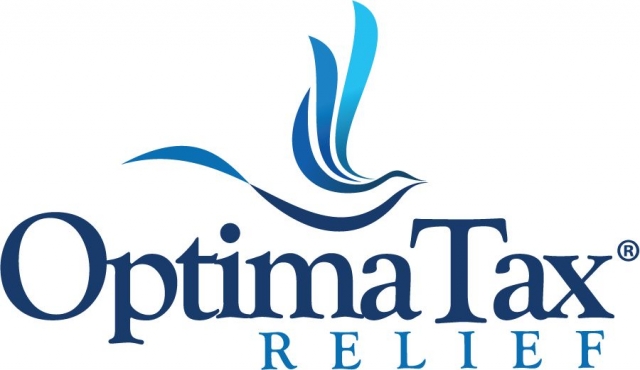When the year ends, many individuals anticipate their year-end bonus checks. However, many may notice that the tax on these bonuses may appear higher than expected. Optima Tax Relief explores key insights to better understand the factors influencing the tax rates on year-end bonuses.
Withholding at a Higher Rate
One of the primary reasons behind the elevated tax amounts is that bonuses are often subject to higher withholding rates. Unlike regular salary payments, which are spread out evenly over the year, bonuses are typically considered supplemental income. This results in a higher percentage of tax withholding, giving the impression of a larger tax bite on the bonus amount. Bonus checks are taxed at a flat 22%, so anyone who is in a lower tax bracket will surely notice the larger tax hit. For example, if someone in the 12% tax bracket received a $5,000 bonus check, they would only receive $3,900 of it. If the $5,000 were regular income, it'd result in $4,400.
Pushing Into Higher Tax Brackets
Those who receive bonus checks might have the option to have their bonuses lumped into their normal paycheck. Doing this will allow them to pay their usual income tax rate. But this should be done with caution if you find yourself bordering the next tax bracket. Year-end bonuses, especially substantial ones, have the potential to push individuals into higher tax brackets temporarily. The progressive nature of the tax system means that higher-income portions are taxed at higher rates. As a result, the bonus amount, when added to regular income, may enter a higher tax bracket, leading to a greater overall tax liability.
Other Taxes Withheld
Bonus checks may also be subject to state and local taxes, depending on where you live. For example, some states take withholdings from supplemental wages. In addition, most bonus checks are subject to Social Security and Medicare payroll taxes, which is a combined 7.65%. The ultra wealthy will also need to worry about the flat 37% tax on bonus checks that exceed $1 million.
Adjustments and Reimbursements
It's crucial for individuals receiving year-end bonuses to understand that the initial withholding does not necessarily represent the final tax liability. Adjustments and reimbursements may occur when the individual files their annual tax return. Factors such as deductions, credits, and the overall tax situation can influence the final tax amount owed or refunded.
Conclusion
Receiving a year-end bonus is undoubtedly a rewarding experience, but understanding the nuances of the associated tax implications is equally important. The seemingly high tax on these bonuses is influenced by factors such as higher withholding rates, potential shifts into higher tax brackets, and a flat bonus withholding rate. Individuals are encouraged to consult with tax professionals, assess their overall tax situation, and be aware of potential adjustments during the annual tax filing process to ensure a more accurate understanding of their tax liability.






